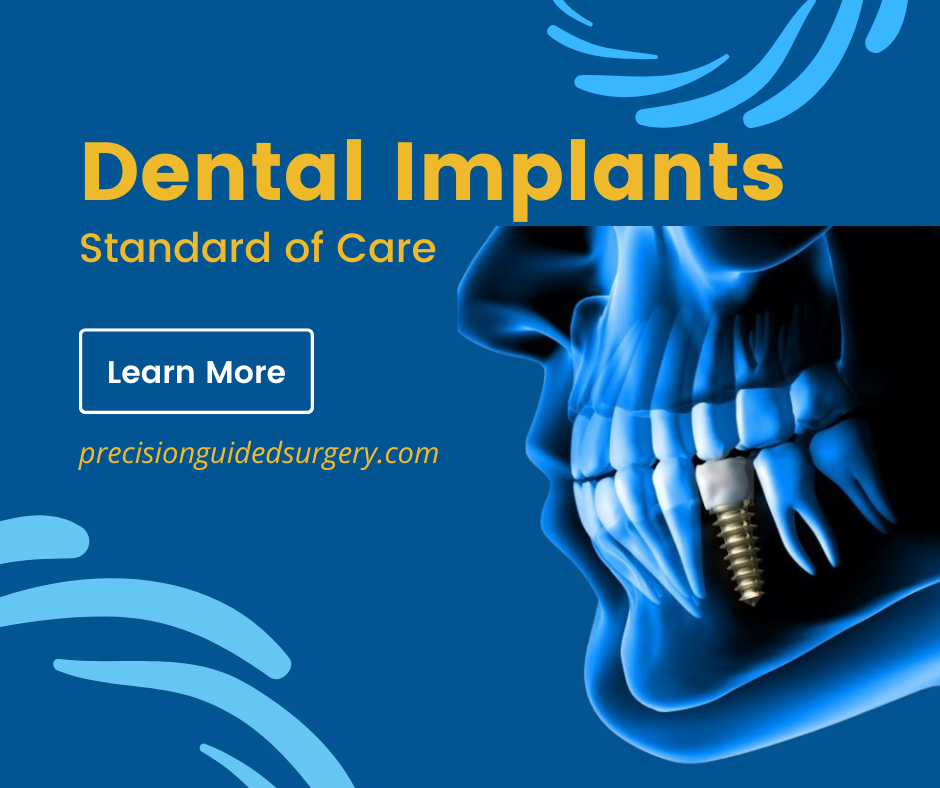#1: Chipped or Missing Teeth
Patients with missing or chipped teeth can greatly benefit from dental implants. These implants look natural and offer security, making them virtually indistinguishable from real teeth. Replacing missing teeth with dental implants is one of the most durable options available, allowing patients to eat, talk, and live their lives as if they had never lost or chipped their teeth.
Tip: When you encounter this issue, explain to your patients how missing teeth can affect their ability to chew, talk, and drink. Additionally, highlight the risks of recurring headaches and infections associated with missing teeth.
#2: Ill-Fitting Dentures
Poorly fitting dentures can cause significant pain and discomfort. Dental implants offer a more secure and functional alternative to dentures, staying in place just like natural teeth. This stability helps prevent further gum irritation and significantly reduces discomfort.
Tip: If your patients struggle with ill-fitting dentures, discuss the benefits of switching to dental implants. Some advantages include the longevity of implants, cost savings over time, and fewer necessary office visits.
#3: Signs of Infection
Infections in a tooth can arise from periodontal disease, injury, or other causes. If the infection has damaged the tooth beyond repair, dental implants might be the best option. Implants not only relieve the patient from the pain of infection but also help prevent more serious health issues due to untreated infections.
Tip: If a patient has an infected tooth that requires a dental implant, take this opportunity to discuss the dangers of untreated infections. Untreated infections can lead to further tooth loss and even spread to other parts of the body, causing additional health problems.
#4: Jawbone Deterioration
Patients who have had missing teeth for an extended period may experience jawbone deterioration and recession. Dental implants can help by replacing the tooth structure and are placed directly into the jawbone, which helps stop further bone recession. Without implants, additional jaw problems and tooth loss may occur. Over time, implants stabilize the jaw and prevent these issues from continuing.
Tip: If you notice signs of jawbone deterioration in your patients, emphasize the benefits of implants. They strengthen the jaw and stop further bone loss caused by missing teeth.
#5: Sunken Facial Appearance
A caved-in facial appearance can indicate that a patient would benefit from dental implants. This sunken skin often results from bone loss due to missing teeth or ill-fitting dentures. Unlike dentures, implants promote bone growth, preventing the bone from receding further.
Tip: If your patient exhibits a sunken facial appearance, inspect the jaw and discuss how dental implants can help. Implants provide a natural lift, resulting in a more youthful look and improved functionality in chewing and speaking.
By recognizing these signs and discussing the benefits of dental implants with your patients, you can help them make informed decisions for their oral health and overall well-being. Author Kevin Varley DDS ~ Dentistry IQ
For more information concerning Dental Implants, reach out to us today at (813) 426-4911




